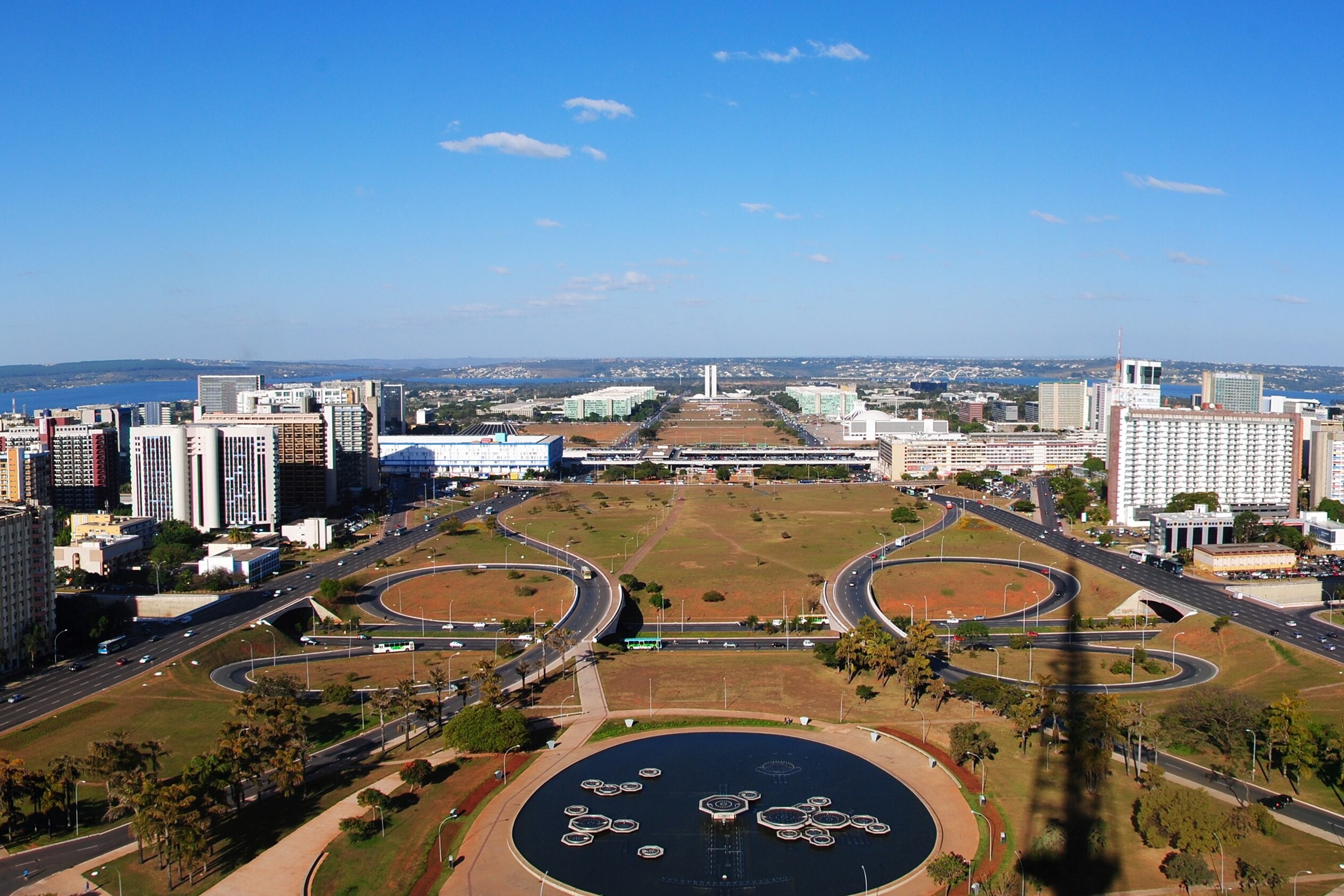The National Bank for Economic and Social Development (BNDES) has invited companies to prepare plans for the privatisation of the public media organisation.
Since the days of the Michel Temer government, the Empresa Brasil de Comunicação has been under increasing threats. Over the subsequent years, journalists have faced harassment for their work; newsrooms are being censored on specific topics including coverage of climate change and indigenous issues; and the ombudsman – tasked with upholding its public media credentials – has been unable to exert any influence on proceedings, and is itself facing a censorship crisis. Ultimately, the EBC’s integrity as a public media organisation capable of holding power to account, reporting on injustices, and elevating stories from vulnerable communities, has been severely weakened over the previous five years.
Now, under the presidency of Jair Bolsonaro, the EBC is entering its next phase of radical transformation. The government has over the previous year displayed its preference for selling off the organisation citing financial concerns, though many groups have disputed this. In March 2021, it was formally included in the National Privatisation Programme, and then in July, a consultancy firm was brought in to assess whether the sale of assets or privatisation would be the best model for its future.
Read more: The systematic dismantling of the EBC – how it happened
The situation has escalated over the last week. The National Bank for Economic and Social Development (BNDES) – the Government’s development bank – issued a public call for companies to prepare plans for the privatisation of the EBC. It has concerned the group, FICA EBC – a group of former EBC employees – who are fighting to restore the EBC’s editorial autonomy and keep it in public ownership.
In response, the Federação Nacional Dos Jornalistas (FENAJ) claimed, “According to the basic project, the following scenarios are considered: a) Maintenance of the company’s current status; b) Re-dimensioning of the company through the readjustment of its functions and/or sale of assets; c) Privatization of the company; and d) Liquidation of the company.
⚠️ URGENTE: BNDES lança chamado para estudos de desestatização da EBC
📢 Veja a divulgação feita pelas entidades representativas dos trabalhadores (as) da EBC. A situação segue gravíssima para o futuro da comunicação pública no país. Mas a EBC fica!
Vem com a gente no fio…🧶 pic.twitter.com/5gsL9y0X4r
— Fica EBC (@ficaebc) November 10, 2021
“Despite this, we know that the government does not consider the maintenance of the company’s current status, and in several presentations the Ministry of Economy foresees the Privatization of the EBC in 2022. The Employees Commission and union entities have been organizing resistance to the privatization process. Through the “Fica EBC” Campaign, we emphasize the company’s importance for a plural and democratic society, with a major campaign carried out by the Communication GT.”
The pace of efforts to privatise the EBC is particularly alarming. The Public Media Alliance believes it is critical that it remains in public ownership and calls on the Brazilian government to cease efforts to further erode public media. While EBC has been through a period of systematic dismantling and is no longer the journalistic force it used to be, its privatisation would be disastrous. As long as it remains in public ownership, there is a possible opportunity to restore its editorial autonomy and journalistic integrity in the future. Its privatisation would all but extinguish this possibility, and contribute to the corrosion of democracy in the South American nation.
Header image: Brasilia TV Tower at sunset – Brasilia, Distrito Federal, Brazil. Credit: diegograndi / istock
Related Posts
8th October 2021
Brazil: Dossier reveals trend of censorship at EBC
A new dossier on censorship at public…
7th July 2021
Brazil: Public media privatisation accelerates as censorship grows
Reports of heightened censorship and…
20th January 2021
‘Citizens’ ombudsman’ pushes back against the ruin of Brazilian public media
PMA welcomes the creation of Ouvidoria…


